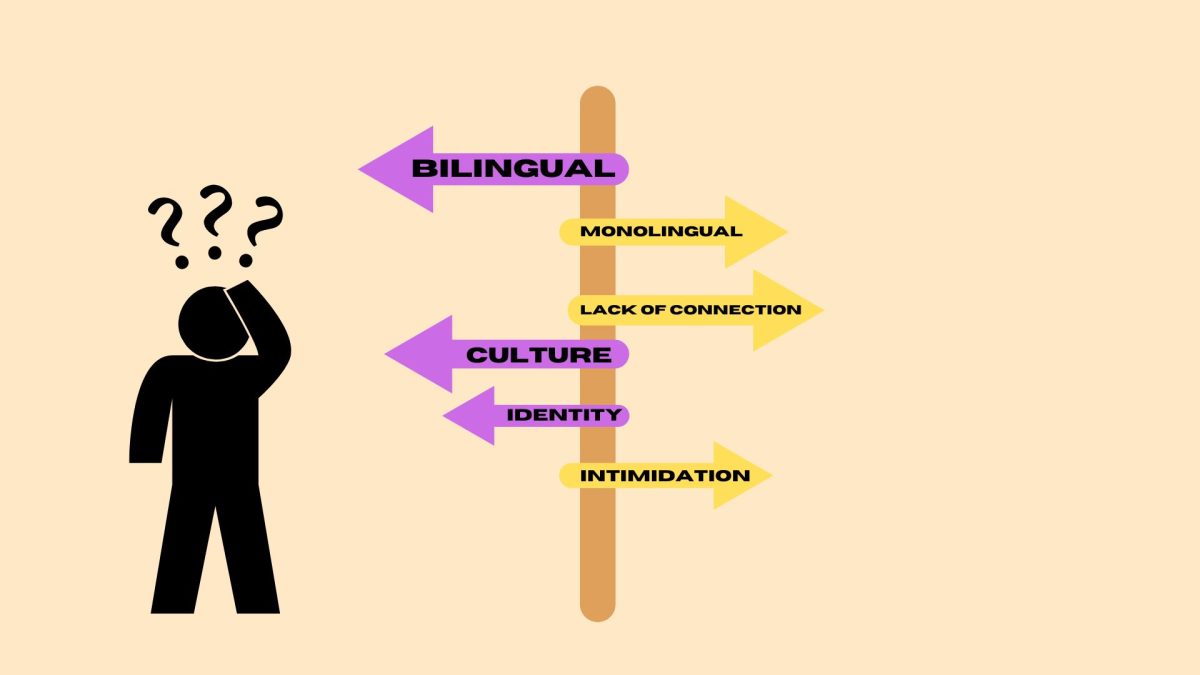Amid a lack of University funds, the students and faculty of the College of Ethnic Studies turned to Associated Students, Inc. for help funding their own departmental end of the year celebrations, according to College of Ethnic Studies faculty.
Many College of Ethnic Studies graduation ceremonies hold historical significance, like the American Indian Rite of Passage, put on by student organization Student Kouncil of Intertribal Nations (SKINS), which has taken place for the past 44 years.
According to Asian American Studies (AAS) professor Wei Ming Dariotis, while these traditions are imperative to a departmental sense of community in the College of Ethnic Studies, student organizers of these events are struggling for funds.
Because of this, student organizers turn to ASI funds and independent fundraising like ticket sales.
According to the AS Student Organization Funding Handbook, however, ASI is prohibited from funding any departmental graduations.
ASI VP Finance Elizabeth Gandara states funding is only to be used by historical organizations such as SKINS, Pilipino American Collegiate Endeavor (PACE), Jabulani and Asian Student Union (ASU) for their end of the year ceremonies. Gandara said departments are finding loopholes to use ASI funding for seemingly departmental graduations. For example, the ASU student organization partners with the Asian American Studies (AAS) department in their end of the year ceremony, causing the perception of the ceremony to inevitably seem departmental.
According to Dariotis, ASU graduation coordinator, ASU has around three to seven graduates per year. For this reason, ASU partners with the AAS department, which plans to have around 45 graduates this year. Because of this partnership, the AAS department is able to use ASU’s historical ceremony ASI funding for their collective ceremony.
“Department graduations are technically not allowed to ask for ASI funding,” Gandara said. “Departments can fund their own ceremonies, but I don’t think that they do.”
Another student organization that uses ASI funding for their end of the year ceremony is Jabulani. While the event invites all Black, African, and African American SF State students, according to Jabulani President Joseph Adams, the Africana Studies department is largely present.
Contrary to Gandara’s belief, students organizing these end of the year ceremonies must fundraise outside of ASI funding, with ticket sales and at times
out-of-pocket donations.
According to Robert Collins, chair of the American Indian Studies (AIS) department, student organization SKINS’ end of the year ceremony, American Indian Rite of Passage, requires independent fundraising.
For this, SKINS and the AIS department involved turn to AIS faculty donation, as well as selling student and faculty made artwork like beading to raise money for the end of the year celebration.
Collins feels it is unfair that other SF State departments receive graduation funds from the University, while departments in the College of Ethnic Studies do not. While Collins said AIS should be entitled to University funds just as other departments are, he does not mind the collaboration with SKINS and their AIS funds, as well as the independent efforts students make to fundraise.
Collins sees this fundraising as hard work, upholding the decades-long tradition their predecessors have upheld.
“It would be fair [for the university] to fund them […] but to some extent I think that struggle would be lost,” Collins said. “If that were to be taken off the back of students, that would be very great. But I believe in struggle, especially when that struggle is related to people that came before you.”
Adams states that he is unsatisfied with the decreasing ASI funding over the years.
“We’re essentially putting on a graduation for $5,000,” he said. “That doesn’t really stretch a lot when you’re having to pay for audio and video equipment, balloons, chairs — all the stuff adds up.”
Adams said Jabulani offsets the cost of their end of the year ceremony through collaborating with other SF State departments.
“We have to go to other departments to ask for donations or sponsorships so that we can offset the cost of certain things,” he said.
According to Dariotis, ASU and AAS generate funds from ticket sales, which also help to limit the number attendants in the limited-space venue they can afford.
Gandara said student organizations’ do struggle for funds.
“We have to evaluate it to see if it’s working for our students,” Gandara said. “But as of right now, we are seeing some sort of hardship and student [organizations] are having to fundraise a lot more than before in order to pay for their ceremonies.”
As student organizations grow and departments are forced to turn to them to host and give their graduates a sense of community in their ceremonies, ASI hopes to provide greater future funding.
“We, as ASI, are working on that so we can see how we can support student [organizations] and their end of the year ceremonies or whatever events that they want to put on,” Gandara said.








Garrick Wilhelm • Mar 20, 2019 at 9:13 am
The Communication Studies department has not had a department graduation in over a decade. The Communication Studies Student Organization started this year primarily to provide a graduation celebration for one of the largest departments on campus. They are not receiving AS funding because they are holding the event off campus, so they must sell tickets and have fundraisers to put on the event. I will note that unlike most Ethnic Studies end of the year events, CSSO is not catering food or spending money on decorations so they don’t need large amounts of funding.